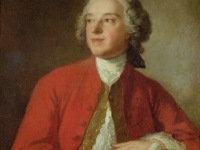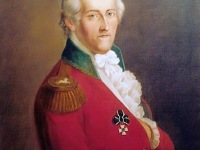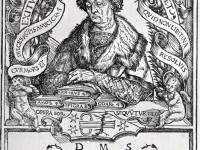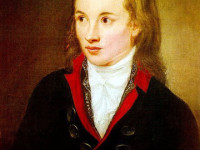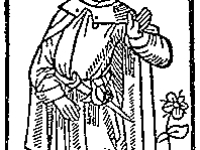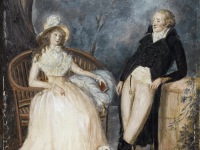Lawrence of Arabia – The Man and the Myth
On May 19, 1935, archaeologist and British Army officer Thomas Edward Lawrence died fatally injured in a motorcycle accident in Dorset. Renowned especially for his liaison role during the Sinai and Palestine Campaign, and the Arab Revolt against Ottoman Turkish rule of 1916–18. The breadth and variety of his activities and associations, and his ability to describe them vividly in writing, earned him international fame as Lawrence of Arabia. “All men dream: but not…
Read more


